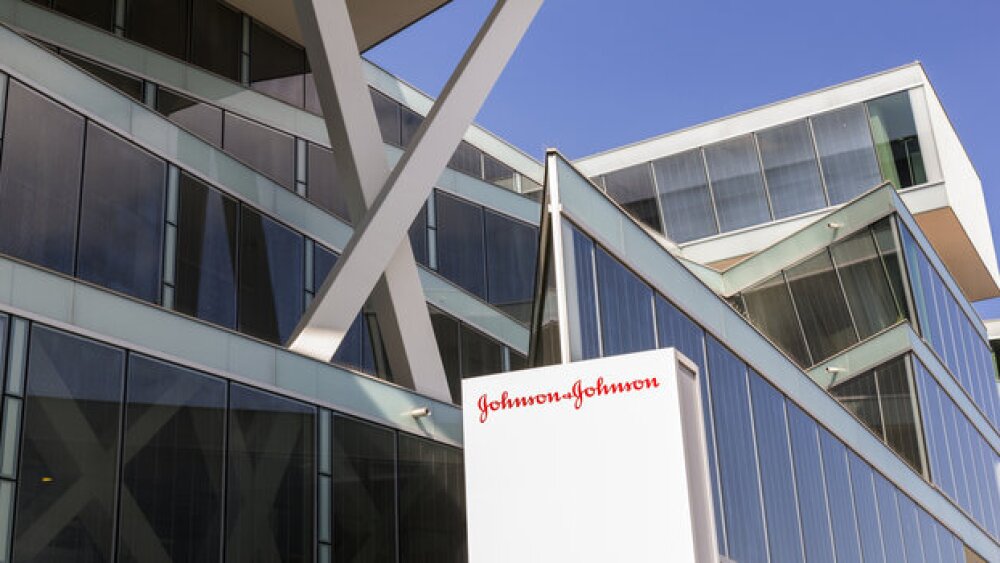Novo Nordisk is diverting manufacturing capacity away from its older GLP-1 drug Victoza in order to cater to sky-high Ozempic demand.
Pictured: Novo Nordisk’s office in California/iStock, hapabapa
Novo Nordisk is temporarily reducing the supply of its diabetes treatment Victoza (liraglutide) in order to boost the production of its newer-generation type 2 diabetes drug Ozempic (semaglutide), according to an official communication from the company and the European Medicines Association.
Healthcare providers should expect “intermittent shortages” for Ozempic that will last all through 2024, according to the bulletin. Meanwhile, supply of Victoza will be disrupted at least until the second quarter of next year.
“Increased overall demand for Ozempic and Victoza injectable glucagon-like peptide-1 receptor agonists (GLP-1 RAs) coupled with capacity constraints at some of our manufacturing sites have led to shortages, including out-of-stock situations,” according to the note, which also warns prescribers that the shortage situation for the two medicines will deteriorate further this quarter.
In line with these manufacturing changes, the European Medicines Association (EMA) recommends against starting patients on Victoza until supply has normalized. Novo will also clamp down on the starting, 0.25-mg dose of Ozempic to limit the initiation of new patients. Both measures are expected to help ensure that those currently on treatment will be have access to these medicines.
The Danish drugmaker has taken similar steps in the U.S. In August 2022, Novo announced that since its approval in 2021, the weight-loss drug Wegovy—which also uses semaglutide as its main active ingredient—had been met with “overwhelming demand.” To try to manage the resulting product outages, Novo scaled back its promotions of Wegovy and asked prescribers to avoid starting patients on the treatment.
Novo has since struggled to keep pace with the market’s appetite for obesity treatments. In October 2023, the U.K. banned the off-label use of Ozempic for weight-loss. Belgium followed suit shortly after and weeks later announced plans to enforce a temporary ban.
Earlier this month, Novo said it was investing more than $6 billion to increase its manufacturing capacity in Denmark, targeting serious chronic diseases including obesity. Novo will kick off this investment with an initial $3.6 billion tranche this year and will continue the funding over the next six years. And last week, the company announced a 16 billion Danish kroner ($2.4 billion) investment in France to expand its GLP-1-focused facility there.
Ozempic and Wegovy are two of the company’s best-selling assets. In its third-quarter earnings report, Novo reported $3.1 billion in Wegovy sales during the first nine months of 2023, a more than 490% jump from the same period in 2022. Ozempic, meanwhile, made $9.4 billion in the first nine months of 2023.
Tristan Manalac is an independent science writer based in Metro Manila, Philippines. He can be reached at tristan@tristanmanalac.com or tristan.manalac@biospace.com.






